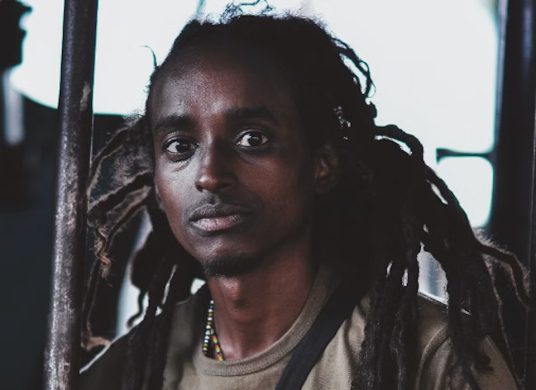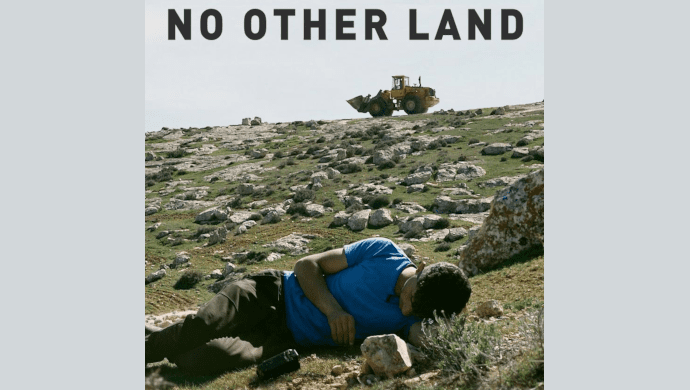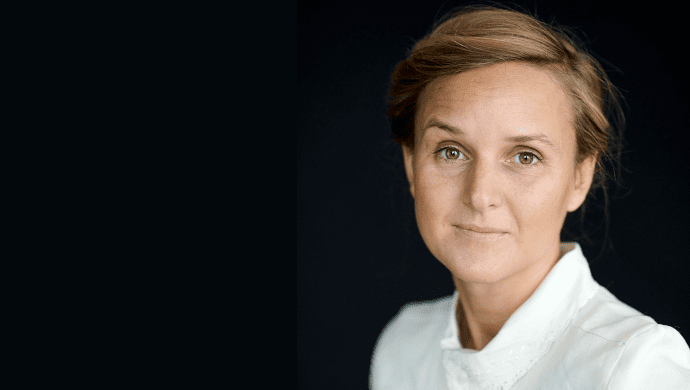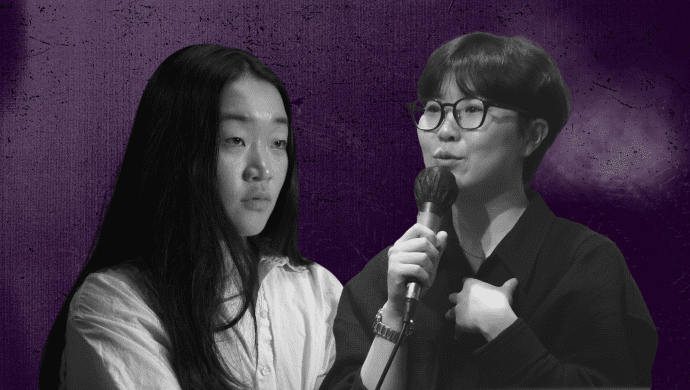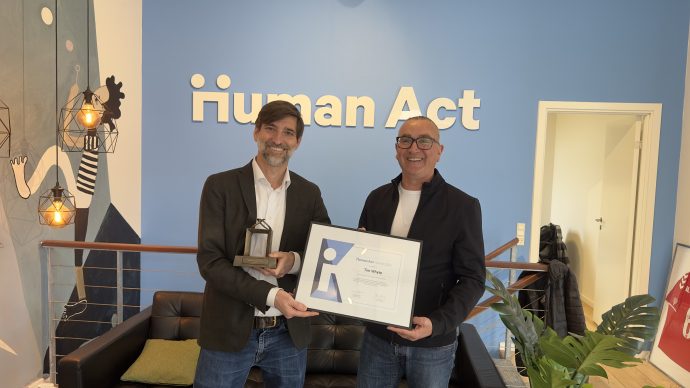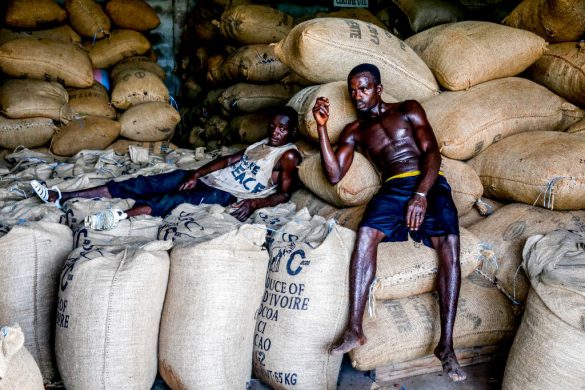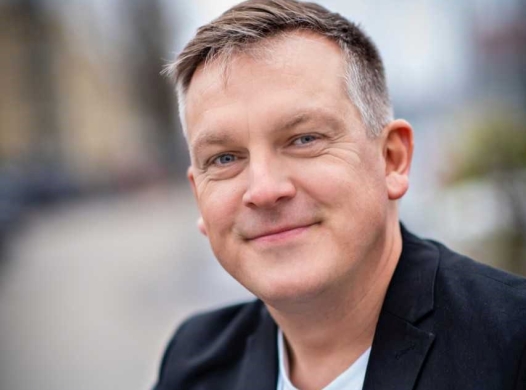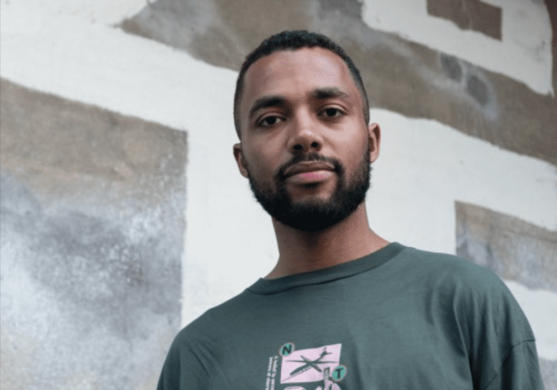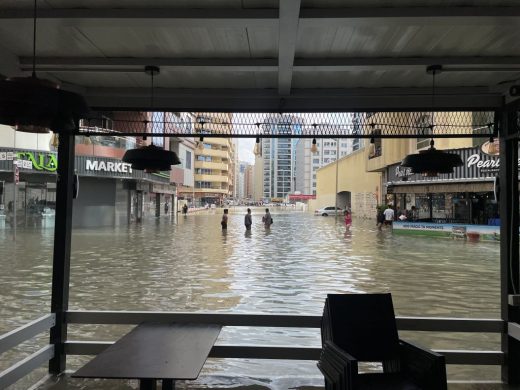Store problemer med firmaer, der ellers har en certifikation på at producere bæredygtig palmeolie. Oprindelige folk i Afrika klager over, at firmaer ikke følger retningslinierne, skriver Forest People’s Programme i en pressemeddelelse torsdag.
Roundtable of Sustainable Palm Oil (RSPO) blev oprettet i 2003 med det formål at garantere palmeolie, der er produceret på en social og økologisk bæredygtig måde. Det viser sig nu, at flere firmaer, der er medlem af RSPO bryder retningslinierne, skriver NGOen Forest People Programme.
Palmeolie-plantager fortrænger regnskoven i mange tropelande i Asien.
GLOUCESTERSHIRE, November 1, 2012: Indonesia’s largest palm oil company, Sinar Mas, ran into trouble recently when communities in Liberia complained about a 33.000 hectars operation being developed on their lands by its indirectly-owned subsidiary, Golden Veroleum in Butaw District, Sinoe County.
Alfred Brownell, the lawyer from Green Advocates representing the Kru tribes impacted by the project who is attending the 10th Roundtable on Sustainable Palm Oil (RT10) being held in Singapore this week noted:
“Golden Veroleum is in clear violation of the RSPO’s New Planting Procedure as it has not advertised its plans to clear and plant oil palms and carry out and publicise a High Conservation Value Assessment in advance of expanding its operations. Under the RSPO procedure, the company should now cease clearance until due process is followed. The villagers are concerned that their lands are being taken without their fully informed or free consent”.
This is the second palm oil development involving a prominent RSPO member to run into controversy in Liberia. Last year, a subsidiary of Malaysia’s largest palm oil consortium, Sime Darby, was criticised for expanding its operations without respecting local peoples’ rights.
The company was in the early stages of developing a 220.000 ha. operation but was halted in its tracks by complaints, which, to its credit, the company has responded to by entering into dialogue with the communities.
The spotlight is now on two large palm oil operations in Cameroon. One is planned by a company called BioPalm, a subsidiary of India-based corporation Siva Group which is marking out its planned operations without consultation on the lands of the Bagyeli “Pygmies” in Océan Département in western Cameroon.
The company claims to be an RSPO member but does not show up on the RSPO’s membership lists. Messe Venant, Project Coordinator of the community-based indigenous NGO Okani says:
“As the affected Bagyeli communities have told us, the forest is their memory. If they lose it, they lose their past, their present and their future. They will no longer be Bagyeli. To destroy the forest is to reduce them to nothingness”.
Another palm oil developer is SG Sustainable Oils Cameroon PLC (SGSOC), owned by Herakles Farms from the USA and an affiliate of Herakles Capital, which is also involved in the telecommunications, energy, infrastructure, mining and agro-industrial sectors in Africa.
SGSOC is developing an oil palm plantation further north in Cameroon, but has also run into sustained opposition from local communities and concerned NGOs and has announced it will pull out of the RSPO.
Other cases are highlighted in a searching review of 15 companies’ operations carried out by the Forest Peoples Programme and SawitWatch with a consortium of other NGOs and community organisations in Liberia, Cameroon, the DR Congo, the Philippines, Malaysia and Indonesia.
Læs mere her: http://www.forestpeoples.org/topics/palm-oil-rspo/news/2012/11/press-release-new-oil-palm-land-grabs-exposed-asian-palm-oil-compa
Begynd ved: “One case examined is the operation…”
Læs mere om Roundtable of Sustainable Palm Oil her: http://www.rspo.org/


